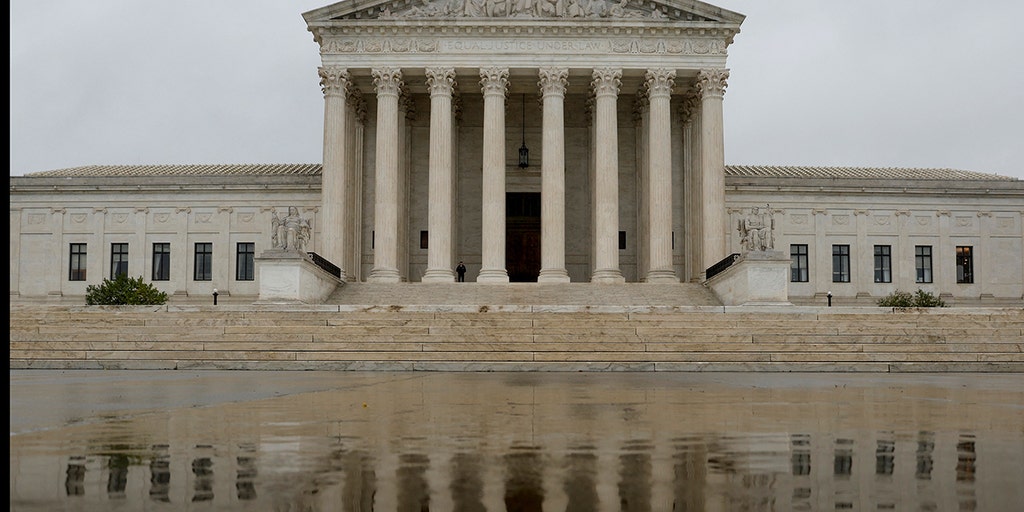
The U.S. Supreme Court on Monday rejected an Indiana public school district’s request to defend a policy that restricted bathroom access by sex.
The justices declined to hear an appeal by the Metropolitan School District of Martinsville after a lower court ruled that a middle school’s policy barring transgender students from using facilities like bathrooms or locker rooms aligned with their self-professed gender identity violated students’ constitutional rights and ran afoul of federal anti-discrimination law.
Attorneys for the school district had asked the court to “preserve the autonomy of school boards to make decisions.”
A 2023 ruling by the Chicago-based 7th U.S. Circuit Court of Appeals said that the student, identified in court papers as “A.C.,” is protected under a law called Title IX that bars sex discrimination in education and the Constitution’s 14th Amendment requirement that people be protected equally under the law.
Federal Appeals Court Backs Florida School District That Blocked Transgender Student From Using Boys Bathroom

A general view of the U.S. Supreme Court building in the rain the day before the start of the court’s new term in Washington, D.C., Oct. 2, 2022. (REUTERS/Jonathan Ernst/File Photo)
The Supreme Court did not issue a comment on its decision. The high court has in recent years mostly dodged controversial cases involving transgender rights.
Republicans in several states have pursued various laws affecting transgender people, including policies reinforcing bathroom and locker room segregation by sex, school sports participation, access to sex-reassignment medical procedures for minors and restrictions on what schools teach about sexual orientation and gender identity.
The Indiana case concerned a 13-year-old gender dysphoric student whose mother sued the school district and middle school principal after her child was prohibited from using boys’ facilities.
The Supreme Court has declined to hear an appeal brought by the Metropolitan School District of Martinsville, in Indiana, after a lower court blocked the district from enforcing a policy requiring transgender students to use bathrooms based on their biological sex. (Fox News Digital)
In 2022, U.S. District Judge Tanya Pratt ruled in favor of A.C., ordering the school to allow bathroom access corresponding with the student’s gender identity. The 7th Circuit affirmed Pratt’s ruling, prompting the school’s appeal to the Supreme Court, which has a 6-3 conservative majority.
The school district argued in a court filing that Title IX permits schools to segregate bathrooms by sex and that the equal protection clause does not prohibit schools from protecting the interests of students “in shielding their bodies from exposure to the opposite sex.”
Lower courts have issued mixed rulings on school policies affecting transgender students. Last month, the 11th U.S. Circuit Court of Appeals ruled in favor of a school that required transgender students to use gender-neutral bathrooms or those matching their sex, not their gender identity.
Indiana School District Renews Legal Fight After Court Blocks Rule Separating Bathrooms by Biological Sex

People take part in a rally on the occasion of the International Transgender Day of Visibility in the city center of Rome on April 1, 2023. (Andrea Ronchini/NurPhoto via Getty Images)
Two other federal appeals courts have ruled that transgender students can use bathrooms that accord with their identities.
These cases have put pressure on the Supreme Court to resolve the discrepancies, but so far the court has refused multiple opportunities to do so.
In 2021, the Supreme Court left in place a 4th Circuit ruling that favored a transgender student who had sued to use the bathrooms associated with their identity.
More recently, the Supreme Court in April 2023 refused to permit West Virginia to enforce a state law that banned transgender athletes born as males from participating in female sports in public schools.
Fox News Digital’s Jamie Joseph, Andrew Mark Miller and Reuters contributed to this report.



